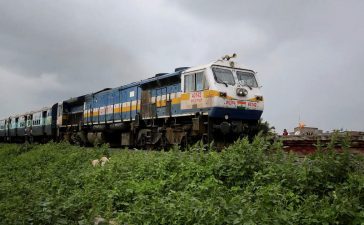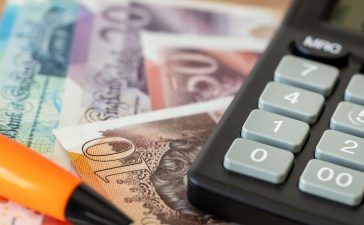
© Reuters. South Korean President Yoon Suk Yeol and King Willem-Alexander of the Netherlands walk, as President Yeol visits Amsterdam, Netherlands December 12, 2023. REUTERS/Piroschka van de Wouw
2/3
AMSTERDAM (Reuters) -South Korean President Yoon Suk Yeol laid a wreath at the Netherlands’ national monument in Amsterdam and toured the headquarters of tech powerhouse ASML (AS:) on Tuesday at the start of a two-day visit focused on semiconductor cooperation.
Yoon’s state visit, in which he met King Willem-Alexander and will hold a summit with outgoing Prime Minister Mark Rutte, is the first by a South Korean president since the countries established diplomatic ties in 1961.
Yoon and Rutte will announce a joint statement to formalise a “chip alliance” between the countries, Yoon’s security adviser Kim Tae-hyo said.
Under the alliance the two major players in the global semiconductor market will jointly respond in times of crisis in the chip supply chain, Kim said at a briefing on Tuesday.
Yoon is accompanied by a delegation from his country’s major computer chip makers Samsung (LON:) and SK Hynix. Both are major customers of ASML, and South Korea is ASML’s second largest market by sales after Taiwan.
At the meeting at ASML headquarters, Samsung signed a memorandum of understanding with the Dutch company to jointly invest around 1 trillion won ($762 million) in a Korean research facility.
Separately, ASML and SK Hynix signed an agreement to collaborate on developing technology aimed at reducing energy use in chipmaking.
ASML is already building a new assembly line in South Korea with an investment of $181 million, Yoon’s office has said.
Dutch and Korean research institutions including Eindhoven Technical University and the Korea Institute for Advancement of Technology signed an agreement on academic exchange, together with trade ministers from both countries.
South Korea and the Netherlands signed a strategic partnership treaty in Seoul in 2022, recognising their common interests as “mid sized” trading nations committed to the international rule of law.
The agreement specified the countries would look for ways to coordinate between government and the private sectors “and to jointly protect and promote critical and emerging technologies including in the area of semiconductors”.







